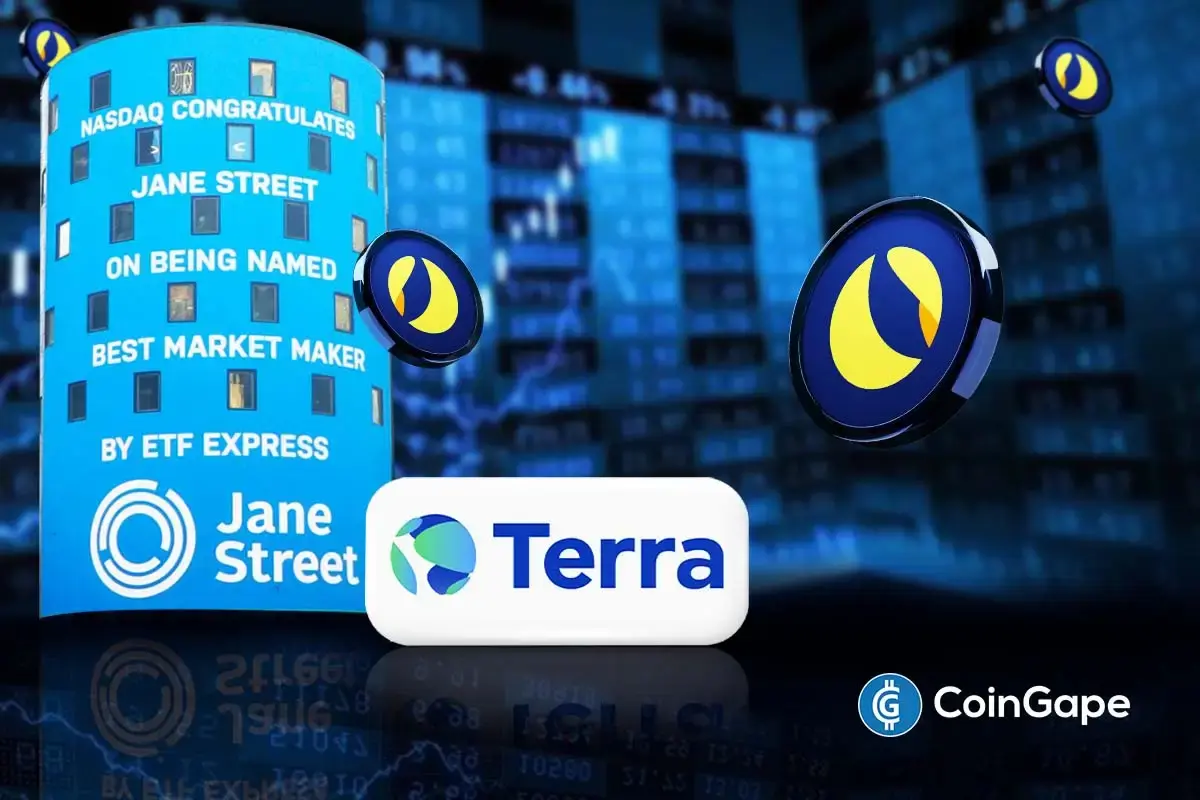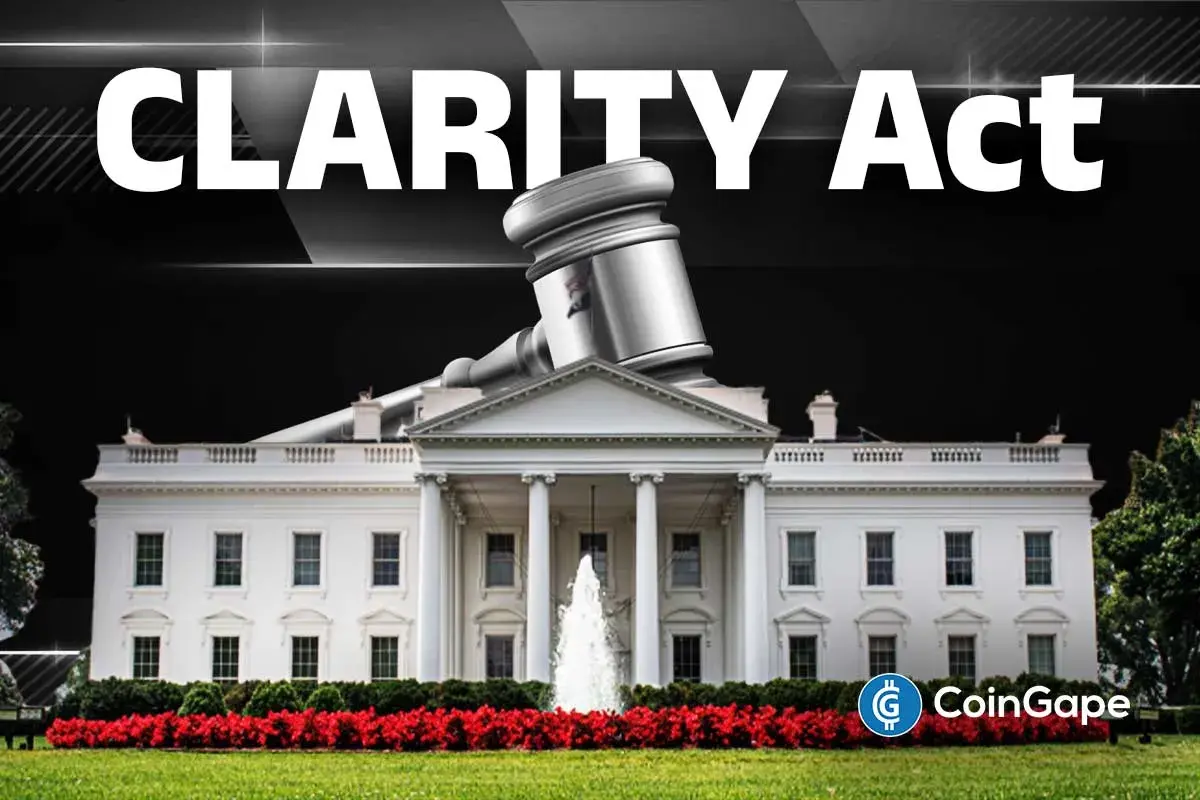South Korea’s Finance Regulators Crack Down On Token Listings With Stricter Guidelines

Highlights
- South Korean financial regulators to take a more scrutinized approach on token listing nationwide.
- The FSS, along with DAXA, carried out efforts to draft apt guidelines for virtual asset listing, eyeing prohibition of listing tokens that are related to hacking incidents.
- South Korea's efforts to safeguard users stages as a pivotal move across the cryptocurrency landscape.
In an unprecedented turn of events, South Korea’s financial regulators recently cracked down on virtual assets nationwide, unveiling a more scrutinized approach to token listings on CEXs. This move by the South Korean regulators, coming in the midst of burgeoning cryptocurrency-related discrepancies across the globe, further underscored the significance of drafting seamless regulations that oversee safe and protected user participation in this tech.
According to a recent report by a local news outlet, cryptocurrencies with a history of hacking incidents are barred from domestic exchanges in South Korea unless the cause is completely disclosed to the authorities. On the other hand, overseas virtual assets will only be eligible for listing on domestic CEXs if a white paper or technical manual is available for the Korean market.
This decision by the nation’s financial regulators echoed a sense of frenzy across the Korean crypto space, with users expressing immense relief. Meanwhile, local news outlets reported that the authorities plan to implement these standards as early as the end of this month or the start of the following month, marking a pivotal move in the nation’s cryptocurrency sector.
A Closer Look Into The Revamped Crypto Approach
According to recent reports, the Financial Supervisory Service (FSS) is constantly seeking to develop listing guidelines for virtual asset exchanges, collaborating with entities such as DAXA (Digital Asset Exchange Association) since the second half of the previous year. However, despite existing joint listing review guidelines by DAXA, it was deemed necessary to establish official standards before the Virtual Asset User Protection Act took effect.
The Act’s enactment also emphasized the need for a standard listing procedure for virtual asset exchanges. As a result, authorities are currently working on drafting comprehensive guidelines and consulting with exchanges, stipulating that virtual assets involved in hacking or security incidents cannot be listed on domestic CEXs unless the cause is clarified or damages are recovered.
Also Read: Pendle (PENDLE) Price Rallies 30%, Here’s Why
South Korea’s Fresh Approach To Token Listings: Why?
Intriguingly, in what comes as a setback for the South Korean cryptocurrency space, several hacking incidents occurred since the latter part of last year, hampering renowned crypto projects such as Galaxia (GXA), Orbit Chain (ORC), Somesing (SSX), and Play Dapp (PLA). This is primarily attributed to the ruling out of a new crypto regulatory policy, as mentioned above.
Simultaneously, most of the abovementioned tokens were delisted from DAXA-affiliated exchanges due to the failure to identify the causes of the hacking. However, Galaxia, which recovered damages through ‘buyback,’ remained on Gopax, a cryptocurrency exchange platform from South Korea. Concerning this, the South Korean regulators stated that re-listing could be hindered if hacking causes remained unsolved. Aligning with this collectively, the nation appears to have ruled out fresher, stricter guidelines orbiting token listings nationwide.
Also Read: Cboe Seeks SEC Approval for Mutual Funds’ ETF Share Class, Will Bitcoin Find Its Way?
- LUNC News: Terraform Labs Administrator Sues Jane Street for Terra-LUNA Crisis
- Crypto.com Joins Ripple, Circle With Conditional Bank Charter Approval Amid WLFI’s Probe
- Michael Saylor Says Quantum Risk To Bitcoin Is a Decade Away, Describes it as ‘FUD’
- White House Proposes Stablecoin Rewards Compromise as CLARITY Act Odds Drop to 44%
- Trump’s Board Of Peace Eyes Dollar-Backed Stablecoin For Gaza Rebuild
- COIN Stock Risks Crashing to $100 as Odds of US Striking Iran Jump
- MSTR Stock Price Predictions As Michael Saylor’s Strategy Makes 100th BTC Purchase
- Top 3 Meme Coins Price Prediction As BTC Crashes Below $67k
- Top 4 Reasons Why Bitcoin Price Will Crash to $60k This Week
- COIN Stock Price Prediction: Will Coinbase Crash or Rally in Feb 2026?
- Shiba Inu Price Feb 2026: Will SHIB Rise Soon?


















